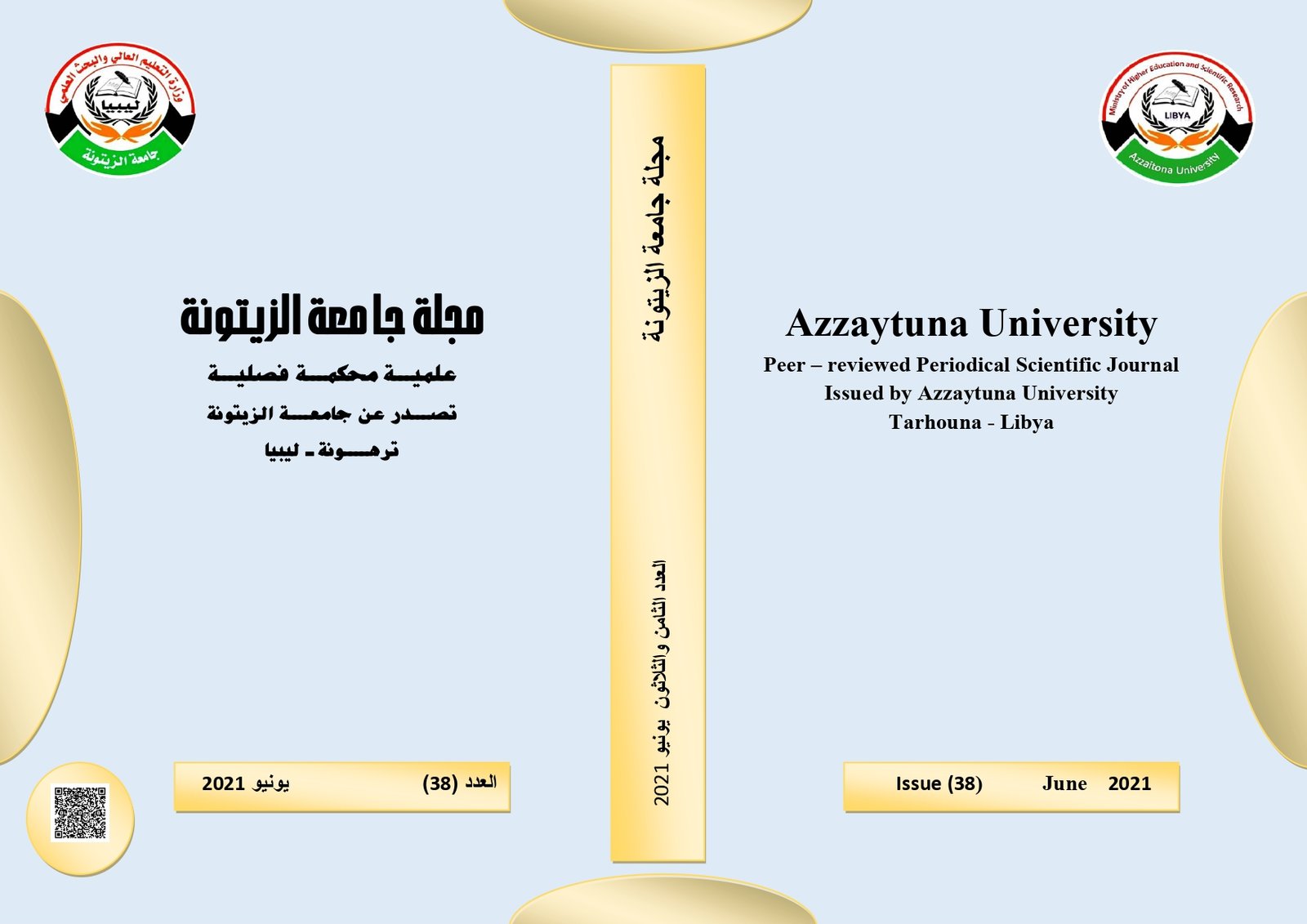An Improved Malicious Application Detection in Social Networks (MADSN)
Keywords:
APK,MCMC, machine learning, permission , maliciousAbstract
Android is the most widely used mobile operating system (OS). A large number of third-party Android application (app) markets have emerged. The absence of third-party market regulation has prompted research institutions to propose different malware detection techniques. However, due to improvements of malware itself and Android system, it is difficult to design a detection method that can efficiently and effectively detect malicious apps for a long time. Meanwhile, adopting more features will increase the complexity of the model and the computational cost of the system. Permissions play a vital role in the security of the Android apps. In this paper, a malicious application detection model based on features uncertainty is proposed MADSN uses logistic regression function to describe the input (permissions) and output (labels) relationship Moreover, it uses the Markov chain Monte Carlo (MCMC) algorithm to solve features’ uncertainty. After experimenting with 2037 samples, for malware detection ,The experiment results show that only use dangerous permissions or the number of used permissions can’t accurately distinguish whether an app is malicious or benign. For malware detection, the proposed approach achieve up to 95.5% accuracy and the false positive rate (FPR) is 1.2%.For malware families detection, he accuracy is 95.6%. The results indicate that the method for unknown/new sample’s detection accuracy is 92.71%. Compared against other state-of-the-art approaches, the proposed approach is more effective by detecting malware and malware families.




